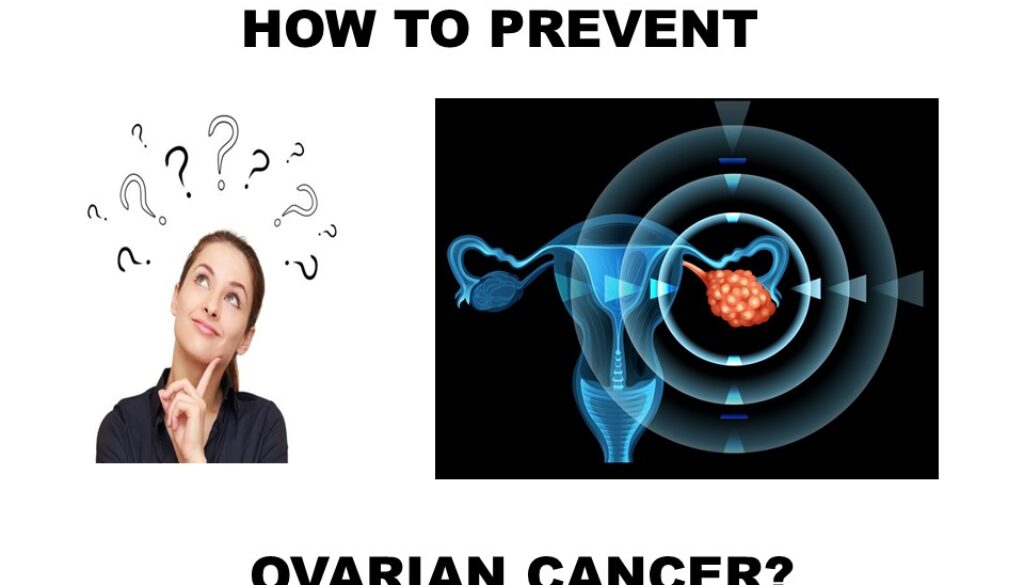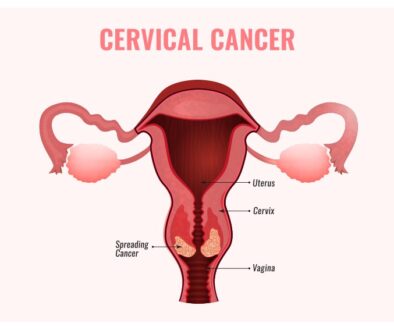Can Ovarian Cancer be Prevented – Let Us Understand How?
Can Ovarian Cancer be Prevented – Let Us Understand How?
Can Ovarian Cancer be Prevented – Let Us Understand How?
Majority of women have at least one or more risk factors for ovarian cancer – those can slightly increase the risk of developing ovarian cancer, but cannot exactly explain the development of the disease. However, there are certain ways to lower the risk of developing the most common type of ovarian cancer (epithelial cell ovarian cancer). Some preventive measures if adopted can slightly lower the risk while others can lower the risk significantly. Likewise, some measures can be easily followed while others require surgery. Whatever may be your concerns regarding the risks of ovarian cancer, it is better to talk to your gynaecologist or surgical oncologist who specializes in gynaeconcological surgeries.
Unavoidable Risk Factors
There are some risk factors for ovarian cancer which cannot be altered or managed – for instance having a strong family history of ovarian cancer or getting older cannot be changed. However, women can still lower their risk by staying healthy, managing healthy body weight, exercising daily and by not taking hormone replacement therapy after menopause.
Surgery as a Preventive Measure
Hysterectomy and tubal ligation surgery done for valid medical reasons may lower the risk of developing certain types of ovarian cancers.
Women going through menopause or close to menopause should consult and talk to their doctors regarding the risk of developing ovarian cancer. Following expert’s advice can help lower the risk immensely.
Women who are going to have their uterus removed (hysterectomy) for valid medical reasons and also with a strong family history of both breast or ovarian cancer can consult their gynaeconcologist.
Women who are above 40 years age and for whom hysterectomy has been recommended owing to valid medical reasons, should talk to their doctors about the possible risks and benefits of having their ovaries removed.
For some women who have already gone through menopause or very close to menopause, some doctors recommend the removal of ovaries along with uterus if they find a slight risk of ovarian cancer. Such women should talk to their surgical oncologist regarding the risk.
Bottom line
If you have any of your siblings or a close relative or family member with ovarian or breast cancer, then you must consider genetic counselling and testing. Genetic counsellors are professional experts with specific training in evaluating ovarian or breast cancer risk in you based on your personal medical and family history. Genetic testing and evaluation done in this manner will help in predicting whether you are likely to have that gene mutation – which in turn is associated with an increased risk of developing ovarian cancer. If the risk is really high, then you may opt for prophylactic surgery – which would be a risk prevention strategy for you.
According to research studies, the women with BRCA gene mutations who have had their ovaries removed, reduced the risk of both ovarian and breast cancer by a very significant percentage. In such women, the ovarian cancer risk was reduced by 85% to 95% and the breast cancer risk was reduced by about 50% – which is quite significant. If you have plenty of doubts, concerns and worries about ovarian cancer and its preventive measures and strategies, then immediately consult a qualified and experienced surgical oncologist who specializes in gynaeconcological surgeries.




